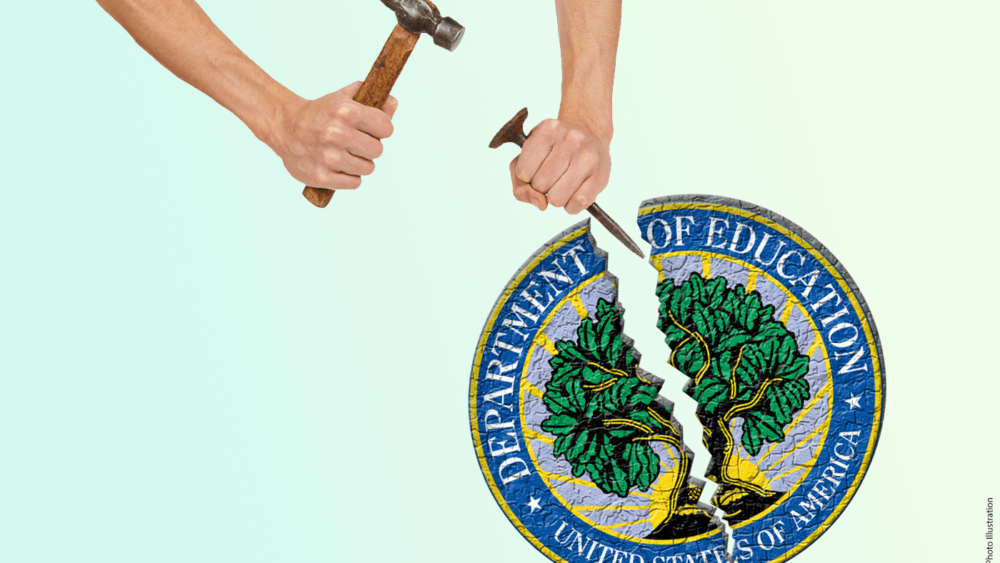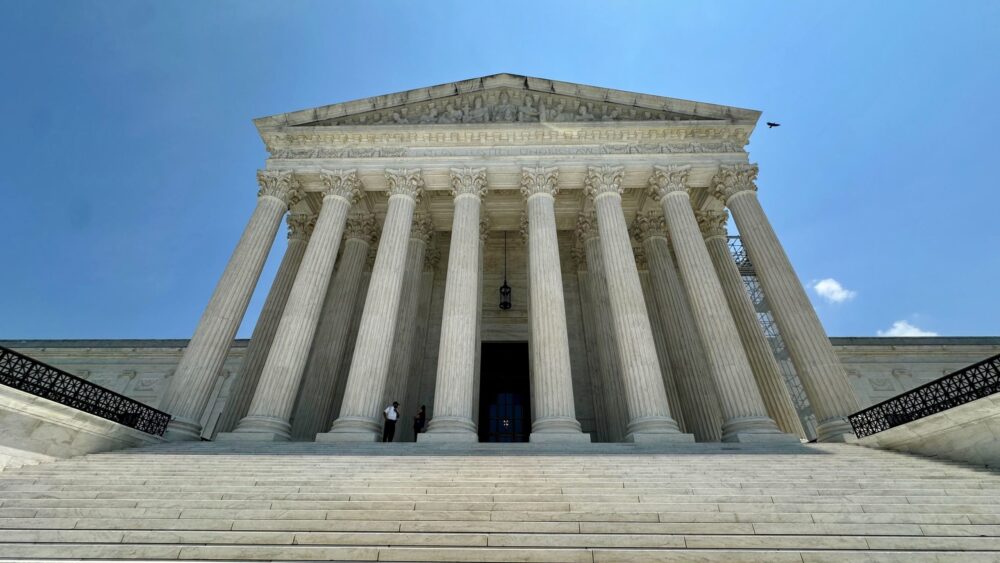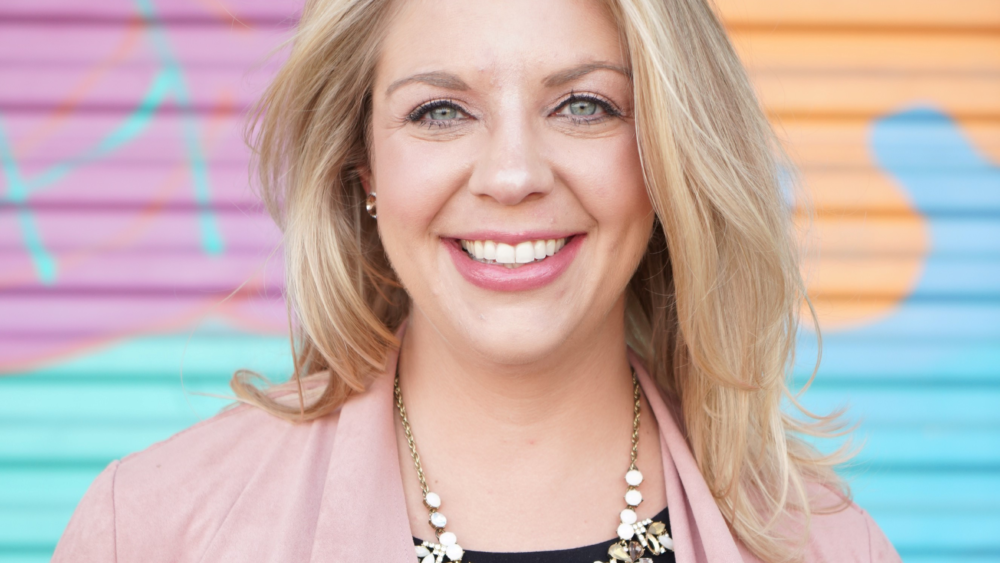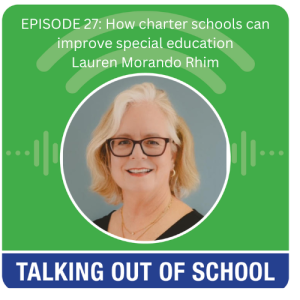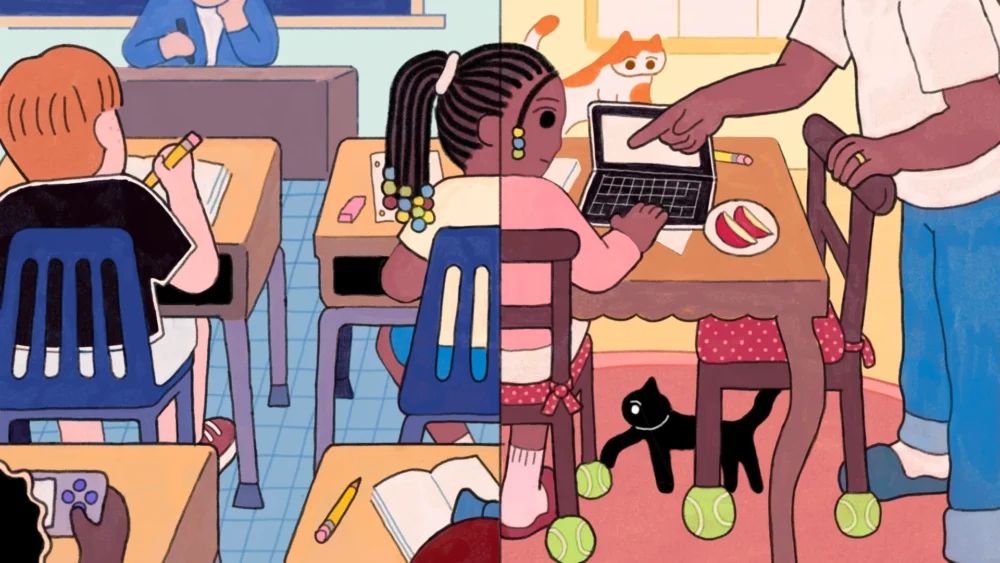CLE vehemently objects to moving IDEA from the U.S. Department of Education to the Department of Health and Human Services.
CLE denounces the Trump Administration’s Executive Order calling for the Secretary to facilitate the closure of the U.S. Department of Education.
Our Interim Executive Director Jennifer Coco sheds a light on how education advocates, nonprofit leaders, and philanthropists can work together to uphold the rights of students with disabilities. Read the full article here.
CLE condemns the Trump Administration’s gutting of the Department of Education through its massive Reduction in Force of thousands of staff, and will continue to oppose any related federal actions that abolish its important role protecting the rights and preventing discrimination of students with disabilities.
“If I were to read the tea leaves,” said Lauren Morando Rhim, a co-founder and the executive director of the Center for Learner Equity, “I think that we’re going to see a huge decrease of staffing and simply reducing the function of the department.” Morando Rhim thinks that what Trump and Musk have done to U.S.A.I.D. could be a blueprint for their plans for the Department of Education. Read the article here.
CLE responds to the U.S. Supreme Court’s decision to hear the Oklahoma case on religious charter schools, standing with the Oklahoma Supreme Court’s June 25, 2024 decision that ruled religious charter schools unlawful.
A recent District Administration “Talking Out of School” podcast explores how charter schools can improve support for students with disabilities, featuring insights from a two-year study by Lauren Morando Rhim, our Executive Director.
A recent District Administration “Talking Out of School” podcast explores how charter schools can improve support for students with disabilities, featuring insights from a two-year study by Lauren Morando Rhim, our Executive Director.
CLE’s executive director, Lauren Morando Rhim spoke with Vox about why many families are turning to homeschooling and microschools to better accommodate children with disabilities and learning differences.



